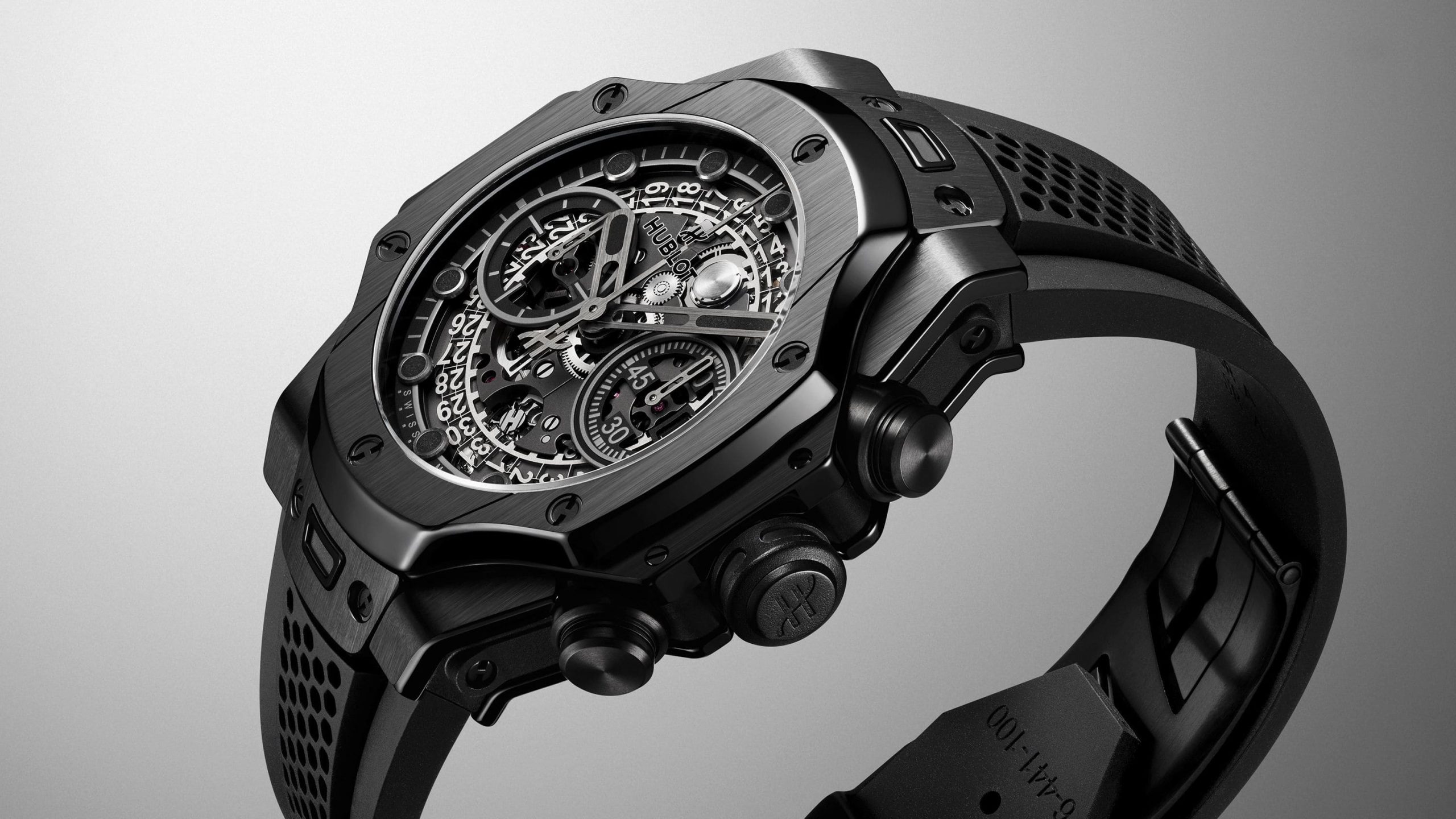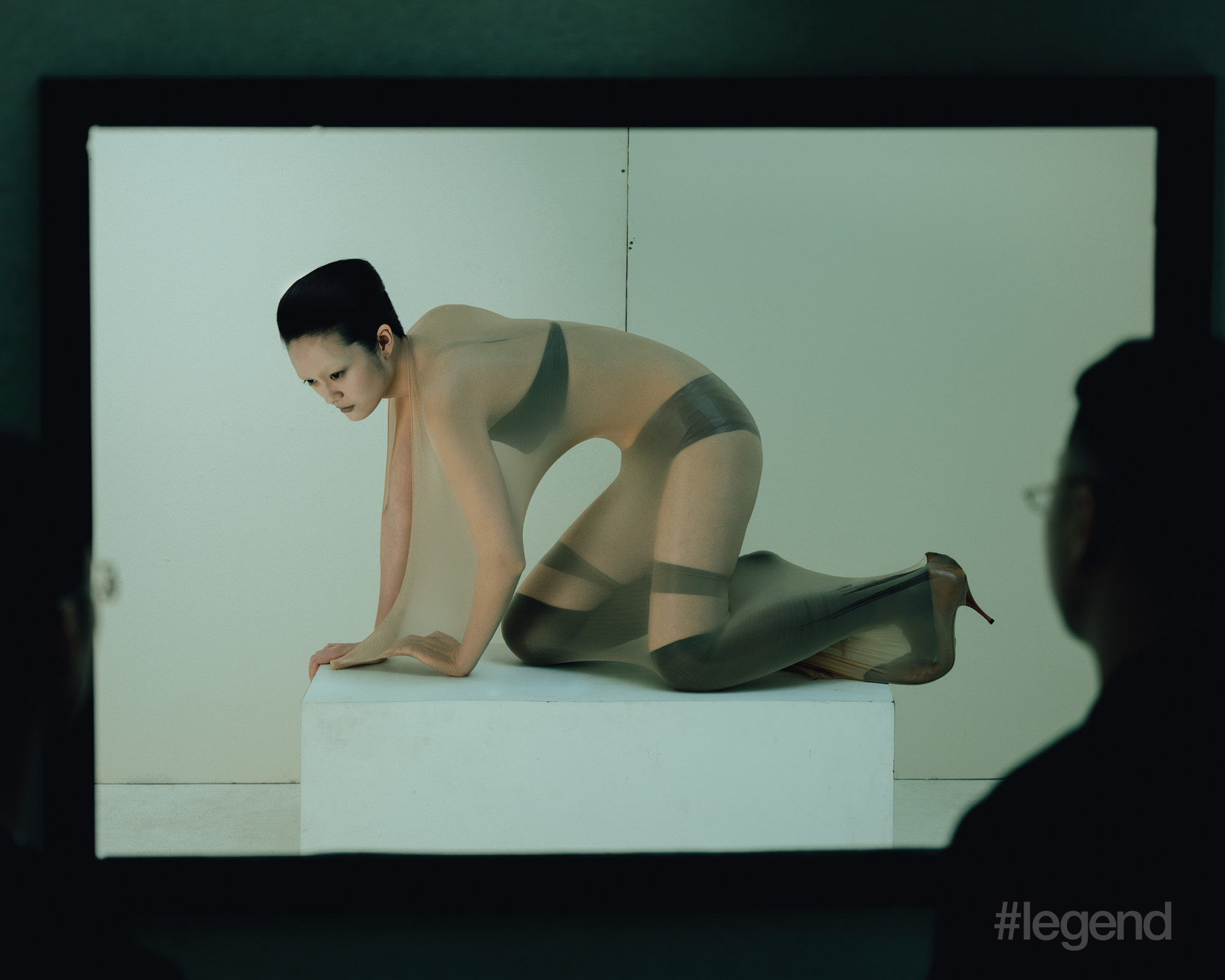Shai Baitel and Russell Tovey, the co-curators for The Modern Art Museum (MAM) Shanghai’s David Hockney: Paper Trails exhibition, tell David Ho about putting together a showcase of one of the most important contemporary British artists today
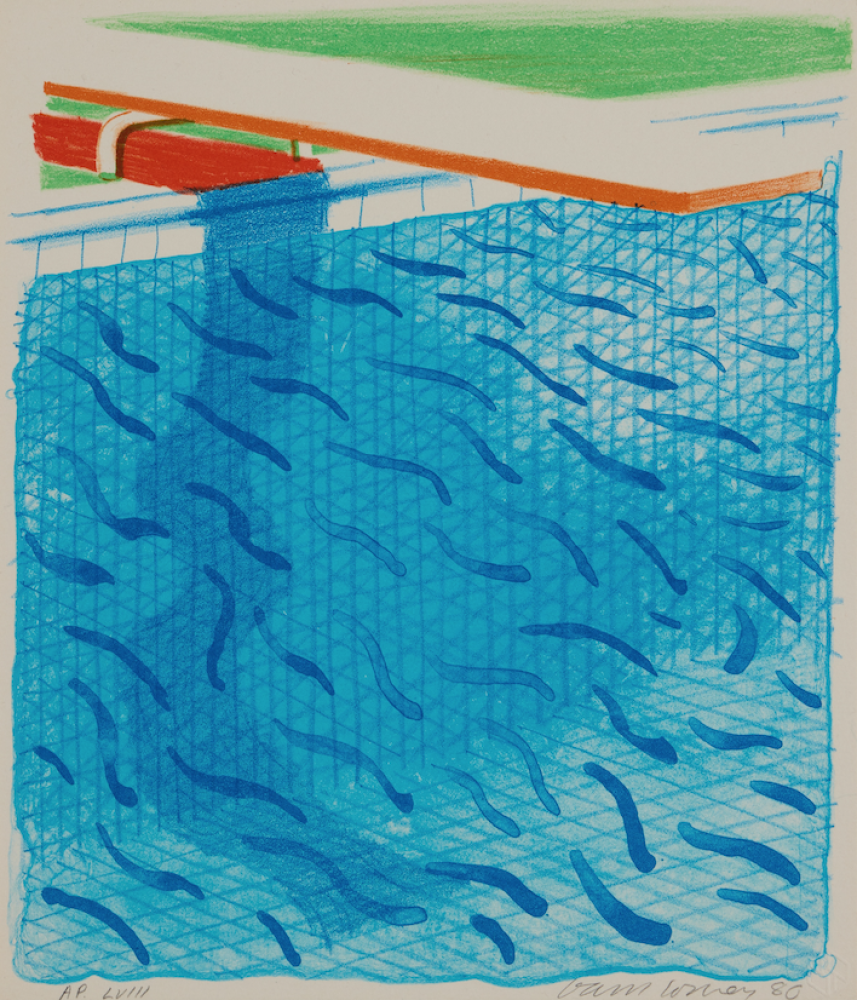
Running from 18 June to 10 September, MAM Shanghai’s blockbuster exhibition David Hockney: Paper Trails brings together a captivating survey of 110 works on paper by David Hockney, who is considered one of the most prominent contemporary British artists today. This showcase marks the largest-ever exhibition of Hockney’s works on paper, a medium which has been an integral part of Hockney’s pioneering creative production.
The showcase was curated by Shai Baitel, MAM Shanghai’s artistic director, and Russell Tovey, actor- writer-curator, with the intention of creating a captivating journey into Hockney’s mastery of creating tangible atmospheres through his art.
Shai Baitel, artistic director of MAM Shanghai
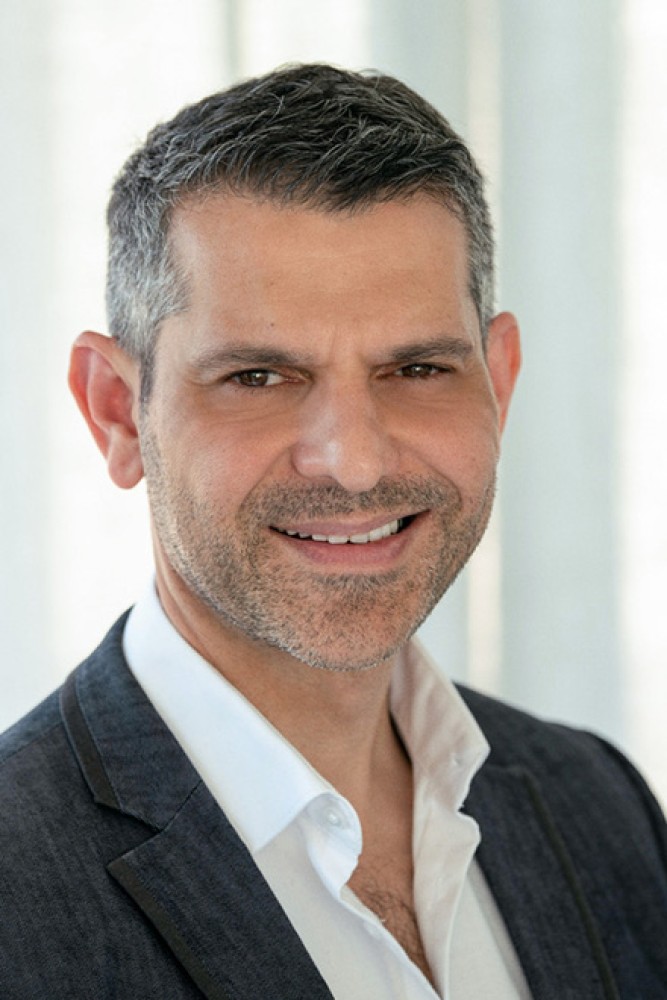
For those new to Hockney, please give an introduction to him, his works, and why they matter, especially to a contemporary Asian audience.
David Hockney is one of the most influential British artists of the 20th and 21st centuries, known for his bold and visually vibrant works that span painting, drawing, printmaking, photography, and digital art. Born in 1937, Hockney rose to prominence in the 1960’s with his colorful depictions of California life, swimming pools, and portraits. His work often explores themes of space, perspective, and the human experience, using a chromatically vivid palette that compels the viewer’s attention. Hockney’s ability to continually reinvent his style and embrace new technologies, such as the iPad, demonstrates his enduring relevance and innovative spirit.
For contemporary Asian audiences, Hockney’s work resonates on multiple levels. His exploration of different mediums and his fearless approach to color and form align well with the dynamic and rapidly evolving art scenes across Asia. Moreover, Hockney’s art serves as a bridge for cultural exchange between the West and China, offering insights into Western artistic traditions while also inviting dialogue and mutual inspiration. His global perspective and focus on the beauty of everyday life can foster a deeper appreciation for the diverse cultural landscapes in both regions, encouraging a greater connection and understanding through the universal language of art.
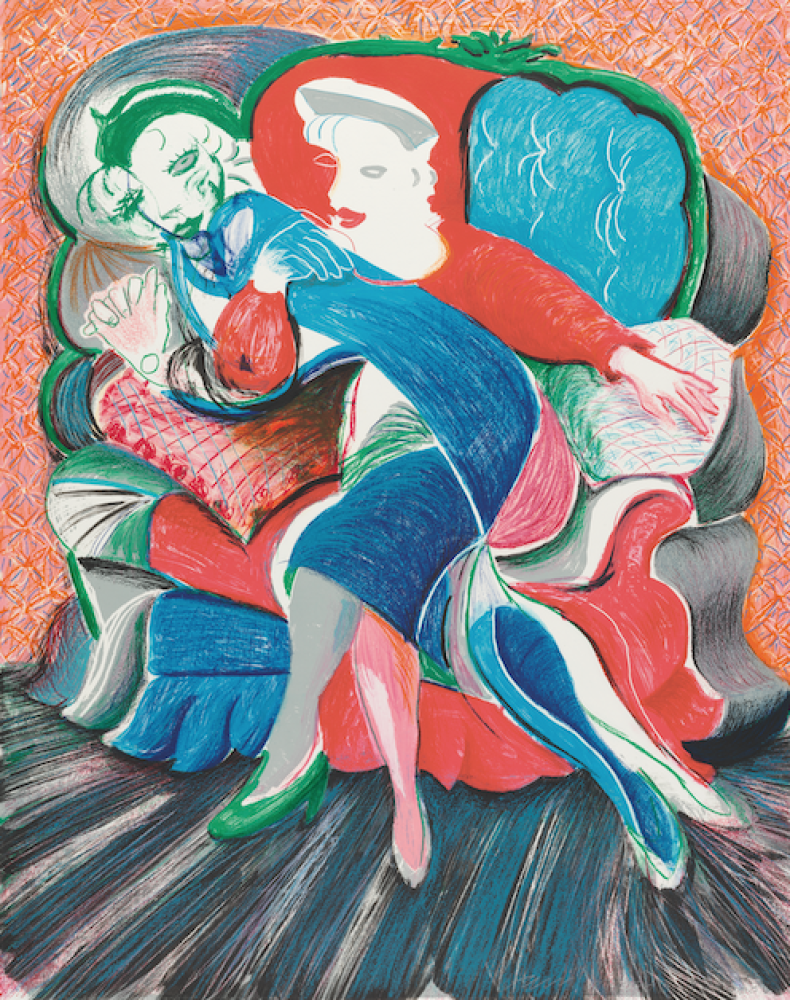
Hockney has covered a lot of ground in his career, from theatre to photography. How were you introduced to his artistry? How has he influenced your view on art?
For as long as I can remember, Hockney’s A Bigger Splash has loomed large in my imagination as an exemplary representation of post-war artistic exuberance. This iconic painting, with its striking depiction of a Californian swimming pool and the ghostly splash , captivated me with its poignant yet cheeky composition. It served as my introduction to Hockney’s unique artistic vision and ignited my passion for exploring his work. The painting’s ability to convey a moment of joy and leisure left a lasting impression, illustrating how art can capture the emotive, atmospheric essence of a specific time and place.
Hockney has significantly influenced my view on art through his versatility and innovative spirit. His ability to work seamlessly across various subjects and mediums—ranging from theatre and photography to painting and digital art—has shown me the limitless potential of artistic expression. Observing Hockney’s illustrious career, I have learned the importance of embracing change and continuously exploring new creative avenues. His fearless approach to art has inspired me to appreciate the diverse ways in which artists can communicate their visions and connect with audiences worldwide.
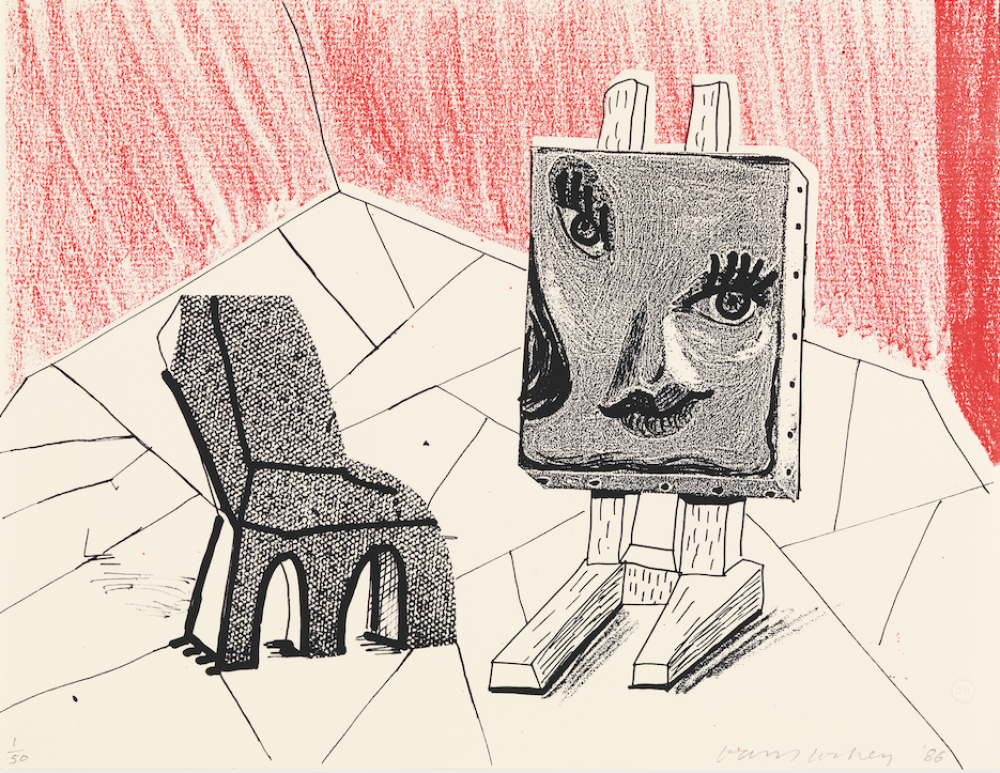
I see you have curated a staggering 110 works on paper. Why did you choose to showcase his works in this medium in particular?
For David Hockney printmaking, the creation of editions, is equal to all other forms of artmaking. It entails the same care, love, dedication, precision, message, and atmosphere. Moreover, China has a long tradition and prowess in printmaking. With a nod to China’s history and the understanding that prints are de-facto originals it’s easy to see why Paper Trails is a timely, important, and worthy exhibition of work by one of the most important artists alive.
Also see: Pride month: Netflix shows with great queer representation to binge
Russell Tovey, actor-writer-curator
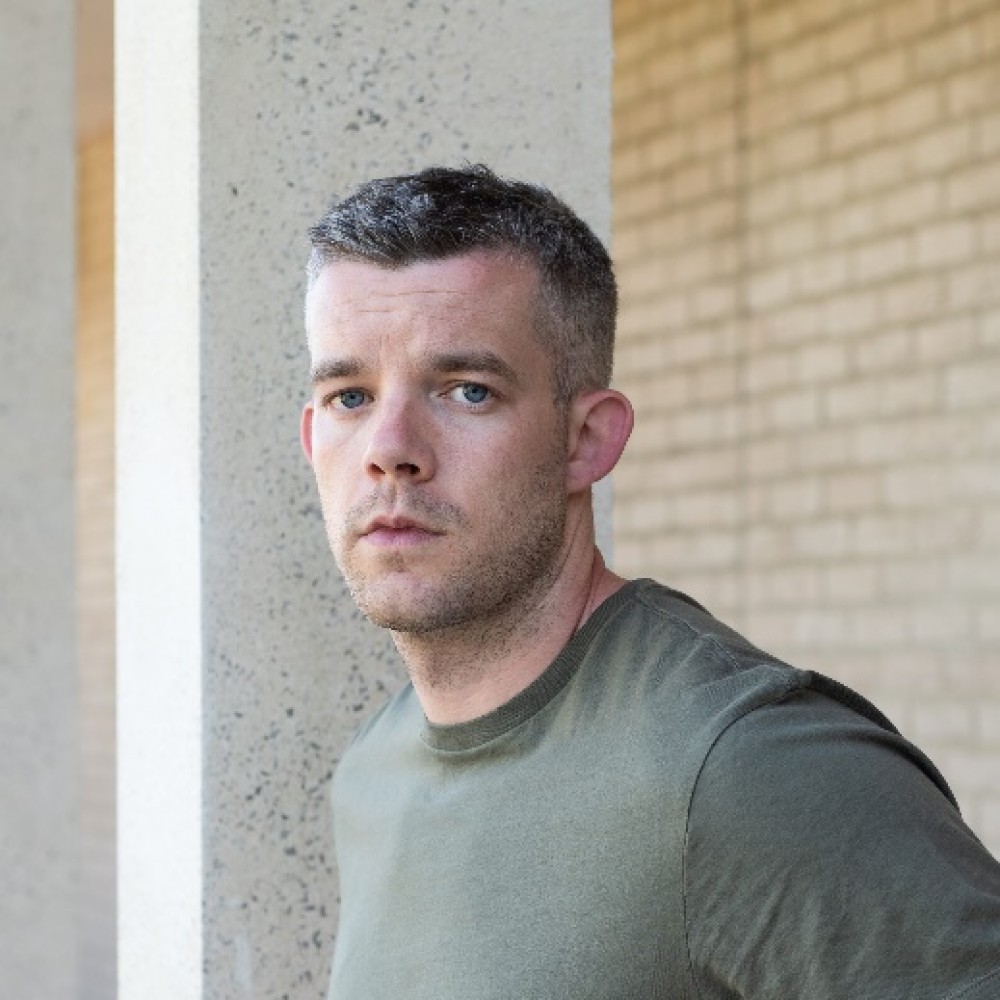
What were your considerations for curating this exhibition/journey you want to take visitors on?
In curating this exhibition, our primary consideration was to emphasize the expansive emotional landscape present in Hockney’s oeuvre. His work spans a wide range of feelings and moods, from joy and exuberance to introspection and melancholy. By highlighting this emotional diversity, we aim to provide visitors with a comprehensive understanding of Hockney’s artistic depth and versatility.
To achieve this, we decided to divide the exhibition into distinctive, discrete affective-atmospheric pairings. This approach moves away from traditional chronological narratives and instead focuses on the emotional and atmospheric qualities of Hockney’s work. By organizing the exhibition in this manner, we hope to create a more resonant and immersive experience for audiences, allowing them to connect with Hockney’s art on a deeper, more personal level.
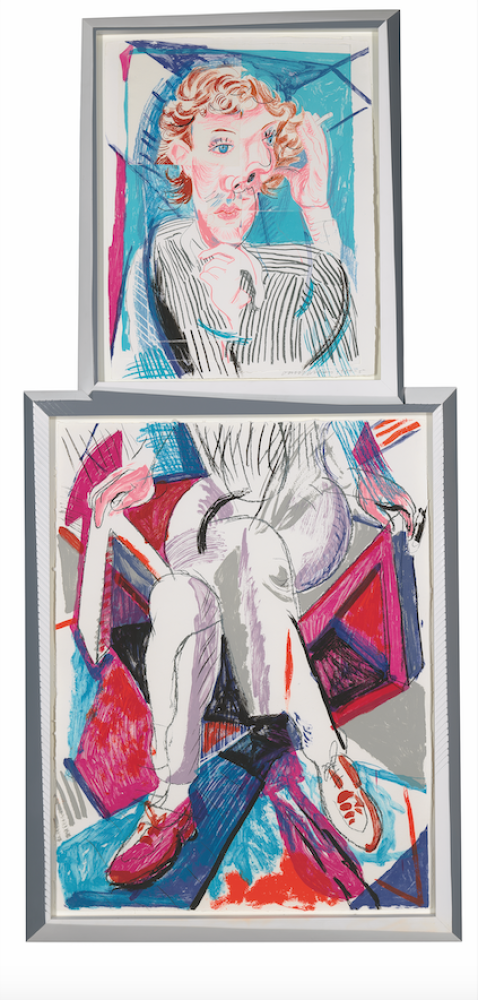
In the process of curating his works from across the decades, what are some observations/insights you have gained on Hockney?
In the process of curating David Hockney’s works from across the decades, I have gained several key insights into his artistic journey. One of the most striking observations is how Hockney has remained true to himself while constantly reinventing his practice. Throughout his career, he has explored various mediums and techniques, yet his distinct style and vision have consistently shone through. This ability to evolve while maintaining a core identity is a testament to his remarkable creativity and resilience.
Additionally, I have observed Hockney’s significant influence on a wide range of contemporary artists. His impact can be seen in the oeuvres of many notable figures, from Ed Ruscha and his exploration of California landscapes, to Catherine Opie’s poignant portraiture, and Tracey Emin’s deeply personal works. Hockney’s legacy is evident in the diverse ways these artists have drawn inspiration from his innovative approach to art, highlighting his enduring relevance in the art world.
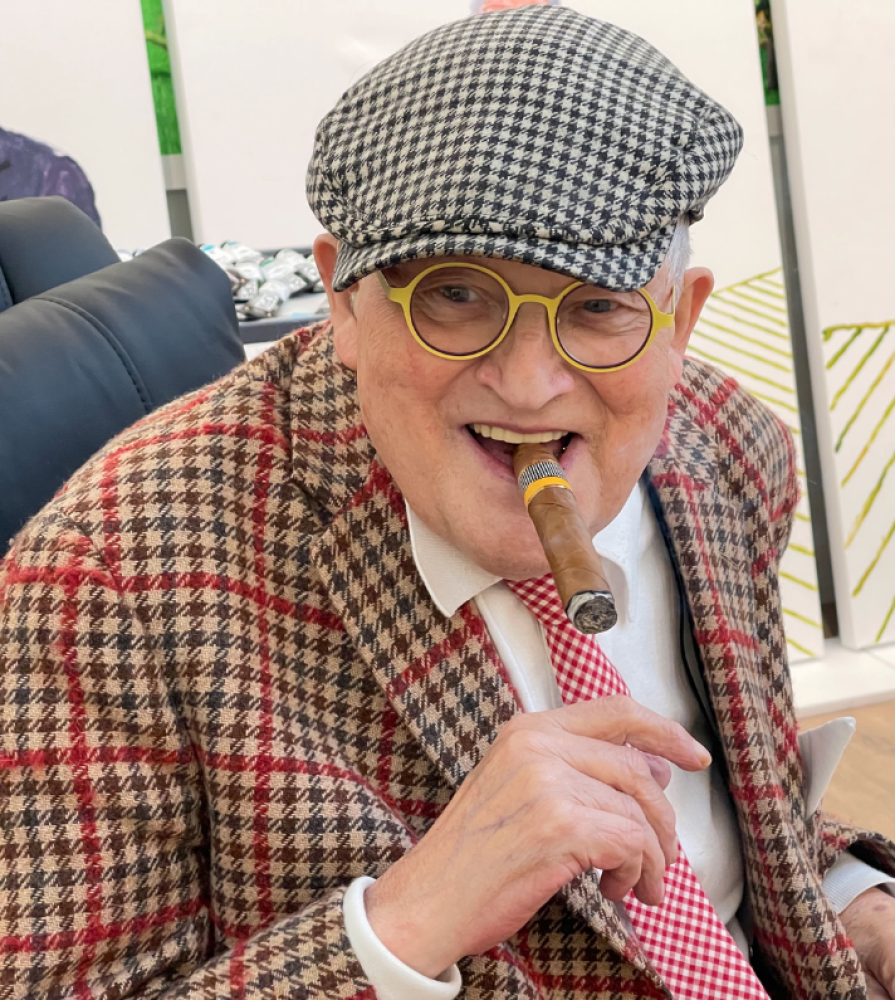
What are the takeaways you hope visitors will get from this exploration of Hockney’s works?
First, I want visitors to see the wide range of emotions, feelings, and atmospheres present in Hockney’s work. His ability to convey such diverse experiences is a hallmark of his artistry.
Second, I aim to highlight that Hockney should be celebrated not just for his paintings but also for his works on paper. These pieces demonstrate his mastery of both historical and new technological techniques, showcasing his versatility and innovative inclination.
Above all, I hope visitors come away with an appreciation of Hockney as a living legend, whose contributions to the art world continue to inspire and influence.
Also see: Belmond launches global photography residency and limited edition art books





